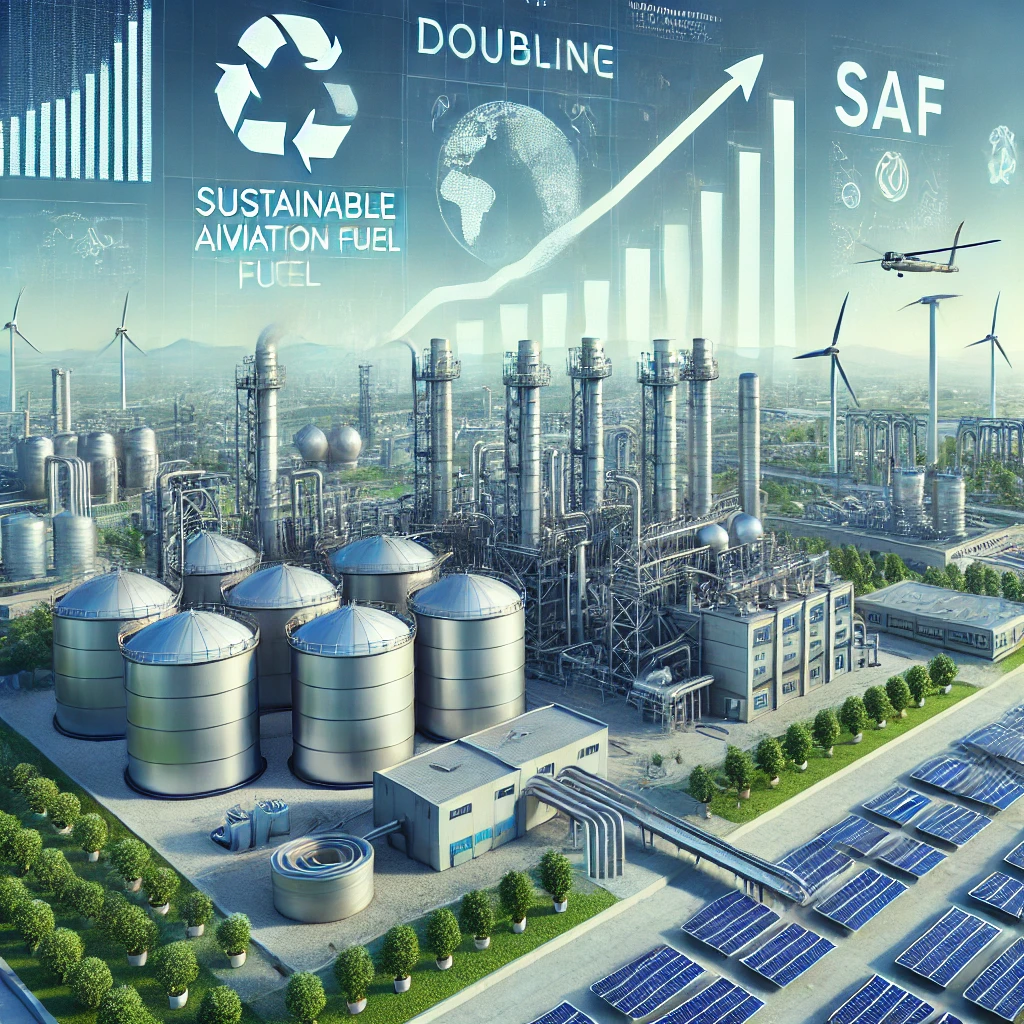
December 11, 2024
The International Air Transport Association (IATA) has released new estimates of sustainable aviation fuel (SAF) production, which show that SAF production will…
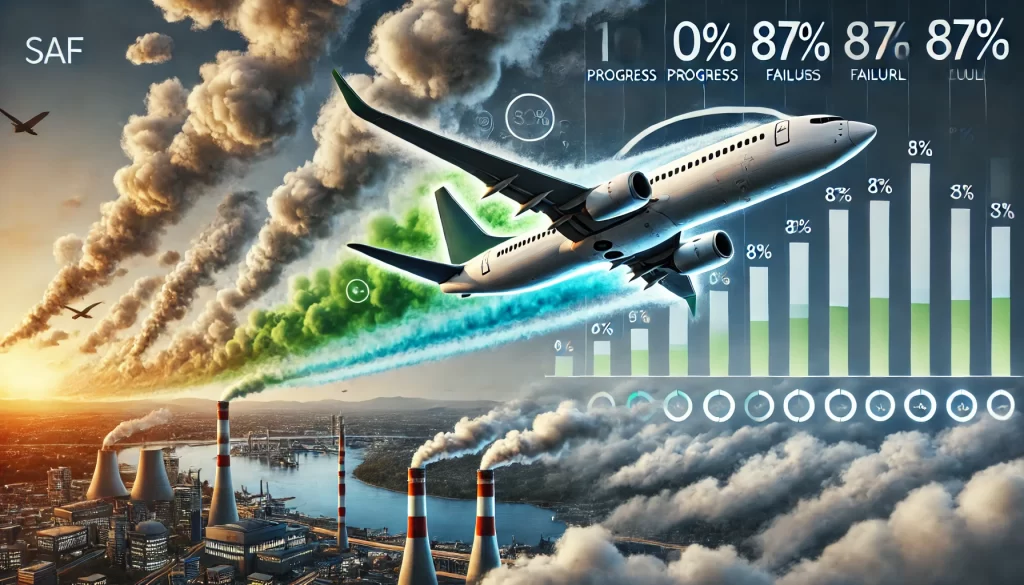
December 11, 2024
The Center for Applied Energy Research at the University of Kentucky and the Kentucky Department of Energy and Environment have initiated a…
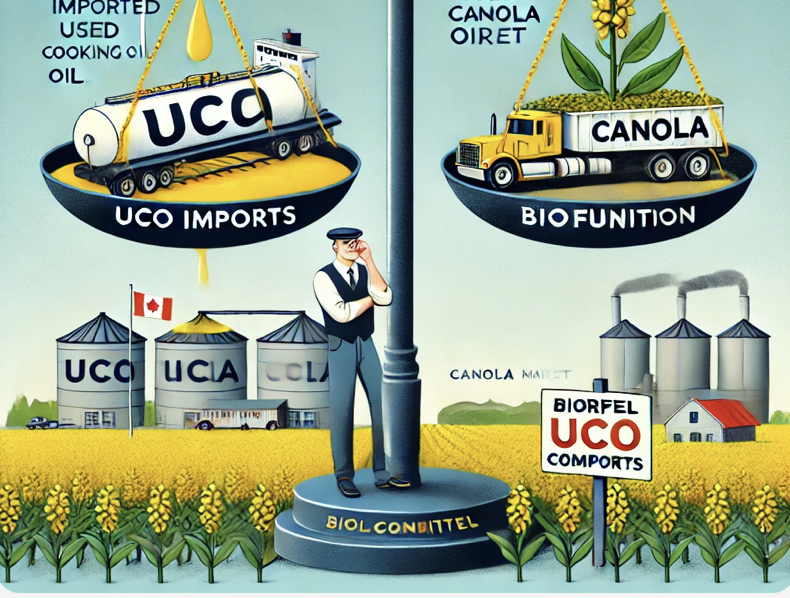
December 9, 2024
Biofuels produced from waste cooking oil imported from China threaten Canada’s domestic canola market, an industry executive says, according to a report…
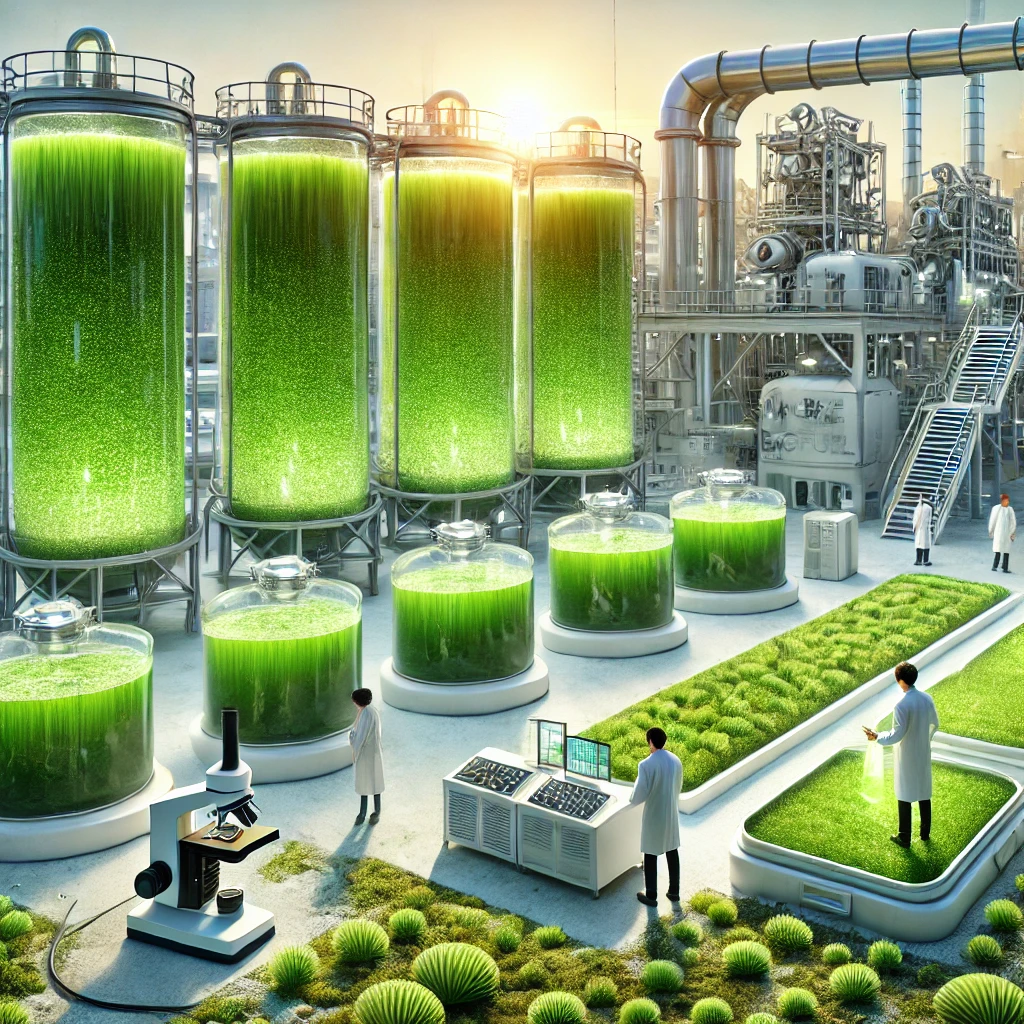
December 9, 2024
The Korea Times reports that HD Hyundai Oilbank’s biofuels business is achieving important milestones to meet increasingly sophisticated market demand. The refinery…
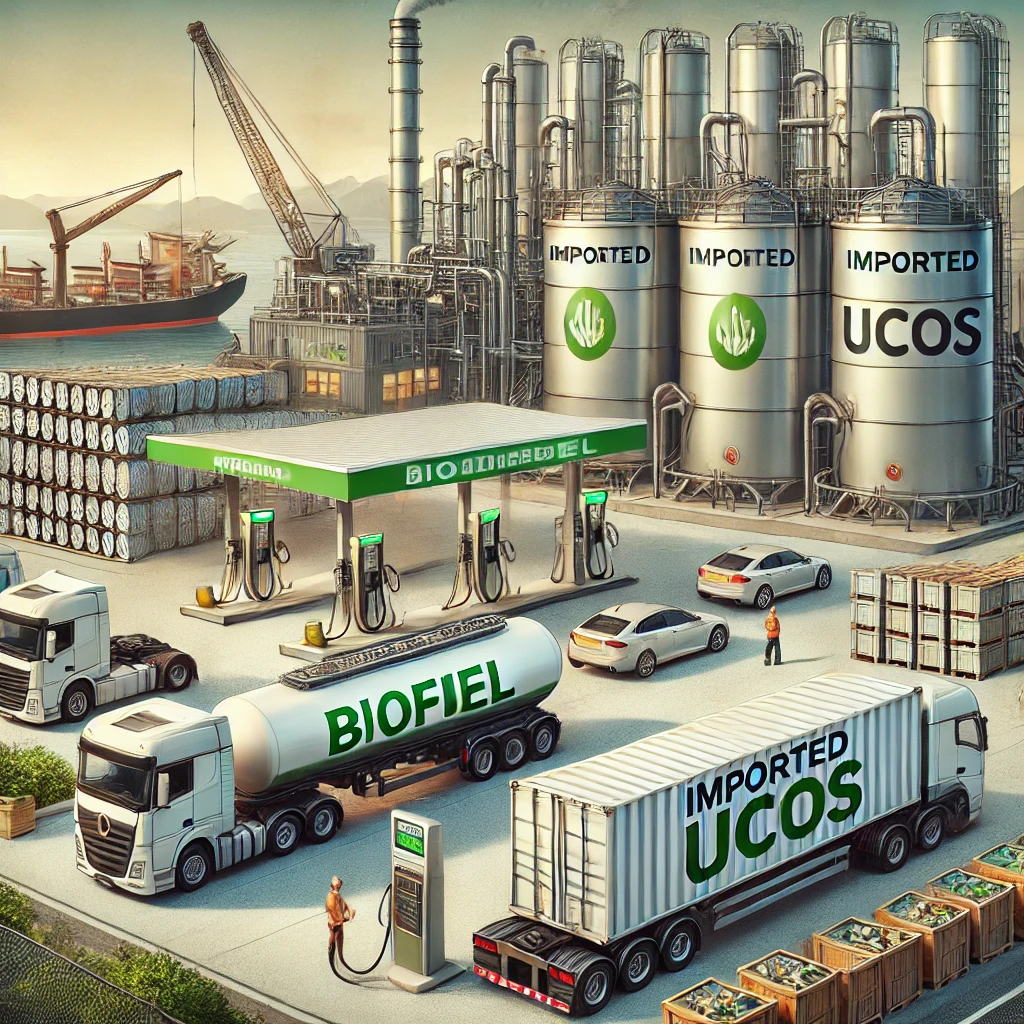
December 9, 2024
Fastmarkets and Intercontinental Exchange (ICE) announced on 9 December the launch of the ICE Waste Cooking Oil (UCO) Gulf (Fastmarkets) futures contract…
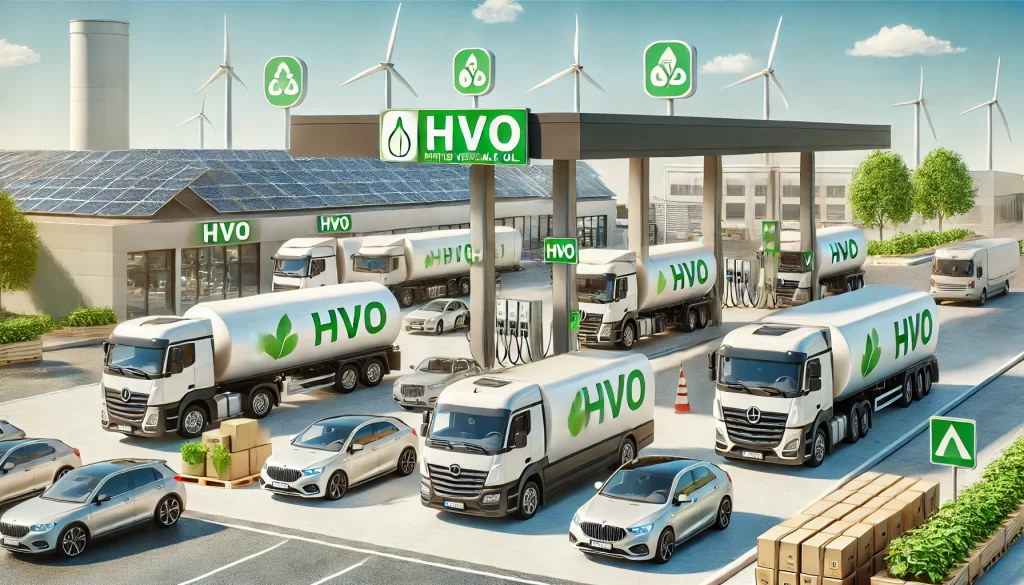
December 8, 2024
UK freight company Chamberlain Transport has converted its local Palletforce collection and delivery vehicles to run on Hydrogenated Vegetable Oil (HVO) supplied…

December 7, 2024
Only 10 of the world’s 77 airlines have made significant progress in transitioning to truly sustainable aviation fuels (SAF), while 87 per…

December 7, 2024
In Singapore, the shipping industry is increasingly using biofuels such as fatty acid methyl esters (FAME). However, concerns have arisen about the…
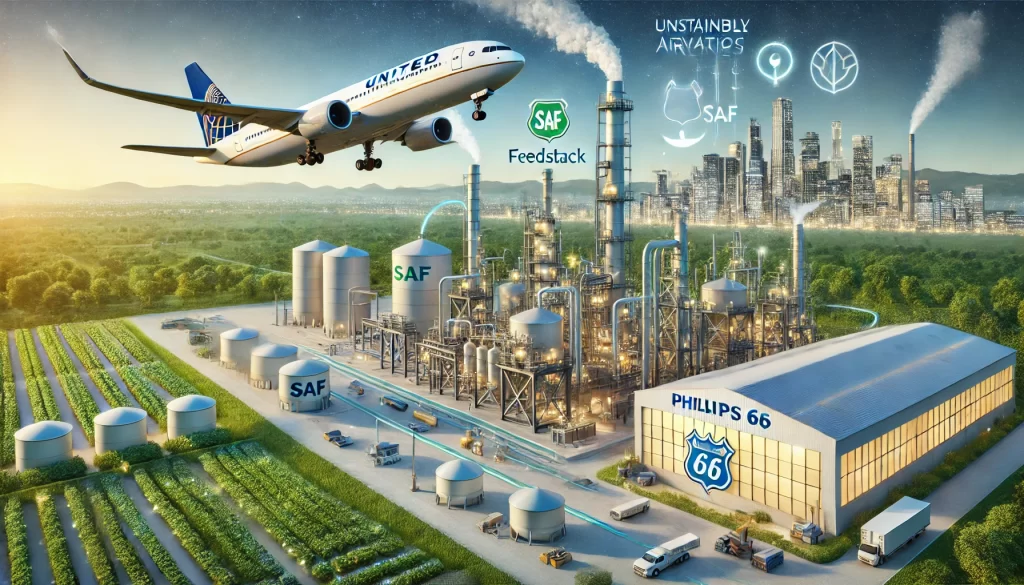
December 6, 2024
Phillips 66 announced on 5 December that it has signed an agreement with United Airlines for Phillips 66 to supply sustainable aviation…
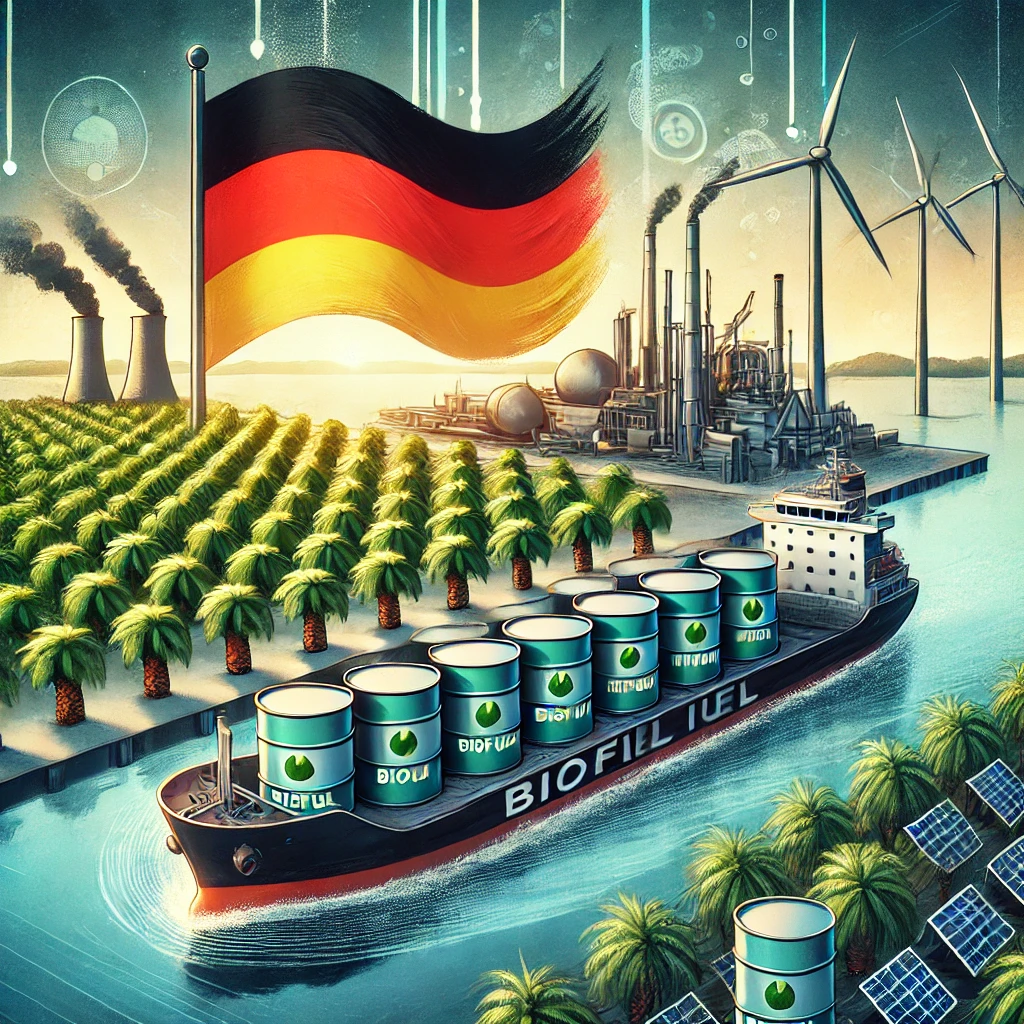
December 6, 2024
The German government is under pressure to stop imports of contaminated Chinese biofuels that threaten local industries. A loose coalition of German…










